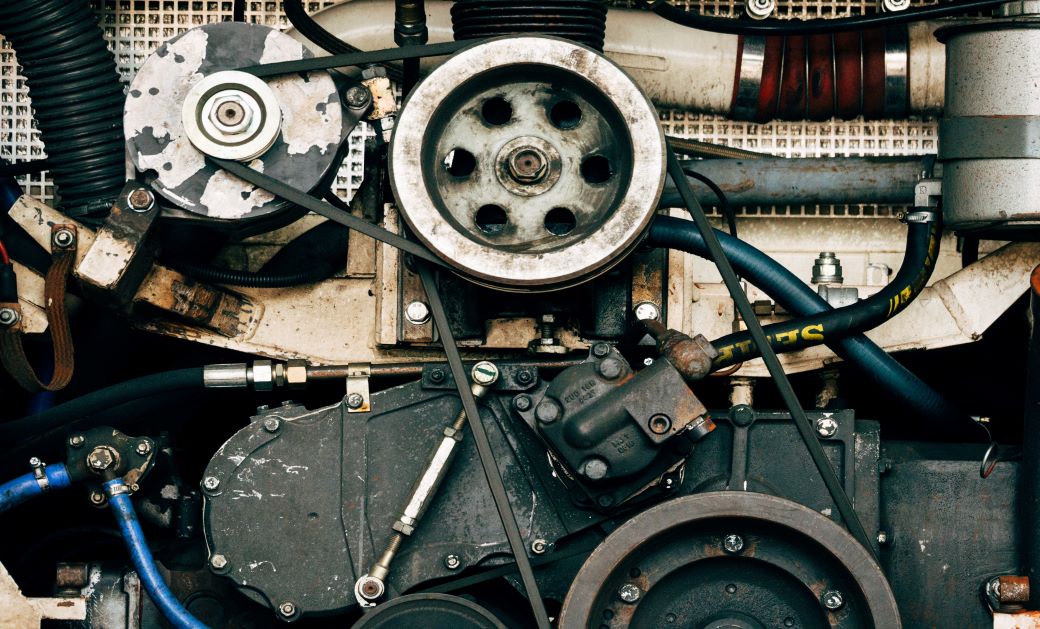Essential Factors To Consider for Making Certain Quality and Longevity in Utilized Engines
When thinking about the purchase of a used engine, ensuring its high quality and longevity needs a diverse strategy. Upkeep background is a crucial factor, as it offers insight into the engine's previous treatment and potential future dependability. Performance testing is also essential, supplying a snapshot of the engine's functional performance.
Engine History Assessment
In the realm of made use of engines, a detailed engine background analysis is critical to making sure quality and integrity. Understanding an engine's past can provide critical insights into its performance capabilities and possible future longevity. A meticulous history testimonial incorporates a number of key aspects that play a considerable role in evaluating an engine's condition. Upkeep documents are important. Normal maintenance, including oil adjustments, filter replacements, and scheduled tune-ups, suggest that the engine has been well-cared-for, lowering the probability of unpredicted failures.
Engines that have actually undertaken significant repair work might have underlying issues that could resurface. Checking out the engine's gas mileage can serve as an indicator of wear and tear. An engine made use of mostly for long-distance freeway driving may be in much better problem than one subjected to constant stop-and-go city website traffic.
In significance, an extensive examination into an engine's background is important for making educated investing in choices. used engines for sale.
Comprehensive Evaluation Guide
While understanding an engine's background offers important context, a thorough inspection is the next step to guarantee its existing condition aligns with historical data. The inspection should begin with an aesthetic evaluation, checking for signs of leakages, rust, and uncommon wear. Inspect the outside for oil discolorations or coolant marks, which might suggest underlying problems.
Following, evaluate the engine's installing system for any type of loosened bolts or problems that might affect efficiency. Pay very close attention to the problem of belts and hoses, as these components are crucial for optimal engine performance. Check out for splits, fraying, or any kind of indications of degeneration.

Determining Use and Tear
Identifying indications of wear and tear is vital for evaluating a made use of engine's durability and integrity. It entails a meticulous exam of numerous engine elements to establish their present state and potential future efficiency.
Another critical aspect is evaluating the engine's seals and gaskets. These parts are essential for keeping appropriate pressure and preventing fluid leakages. Proof of oil leaks or used gaskets frequently recommends wear and tear, possibly bring about more severe concerns otherwise addressed without delay. Additionally, irregular sounds throughout engine procedure, such as knocking or ticking sounds, may indicate internal damages or extreme wear on moving components like pistons or bearings.
The problem of belts and tubes is similarly important, as they play a vital function in the engine's general function. Split or torn belts and weak tubes are indicators old that might lead to engine failure if disregarded. Last but not least, examining the oil condition and filter can provide check my reference understandings right into previous maintenance practices, as unclean oil or stopped up look at more info filters suggest disregard and sped up wear.
Efficiency Testing Fundamentals
Assessing the wear and tear of engine elements establishes the phase for an extensive assessment via performance screening. Efficiency testing serves as a critical action in determining the operational honesty of an utilized engine.
Making use of dynamometers is a common method in efficiency testing. These gadgets measure the engine's outcome throughout numerous conditions, providing a thorough profile of its capability. Furthermore, on-road screening complements dynamometer evaluations by observing engine behavior under normal driving circumstances, guaranteeing it satisfies the required criteria for both safety and efficiency.
These devices examine engine administration systems, identifying mistakes in electronic components that can impact efficiency. Comprehensive screening not just confirms the engine's operational standing however additionally aids in forecasting future maintenance demands.
Upkeep and Treatment Tips
Appropriate maintenance and treatment are vital to extending the life expectancy of a made use of engine and ensuring its consistent performance. Routine oil changes are vital; making use of the maker's recommended oil type and quality can avoid too much wear and tear. Additionally, oil filters must be changed concurrently to keep ideal lubrication and tidiness within the engine.
Checking fluid levels, consisting of coolant, transmission liquid, and brake liquid, is necessary. Ensuring these liquids go to proper read here levels helps avoid getting too hot and other mechanical issues. Evaluating belts and hoses for signs of wear, such as fractures or fraying, can avoid potential failures that may lead to pricey repair work.
Regular assessment of the air filter is likewise needed, as a clean filter ensures efficient air movement and combustion, therefore enhancing engine performance. Ignition system must be checked and replaced when required to preserve efficient fuel combustion and stop engine misfires.
Lastly, routine analysis checks utilizing specialist devices can recognize potential problems before they become significant troubles. By sticking to these upkeep and treatment pointers, used engine proprietors can guarantee their engines continue to be trustworthy, effective, and capable of executing well over an extended duration.
Final Thought
